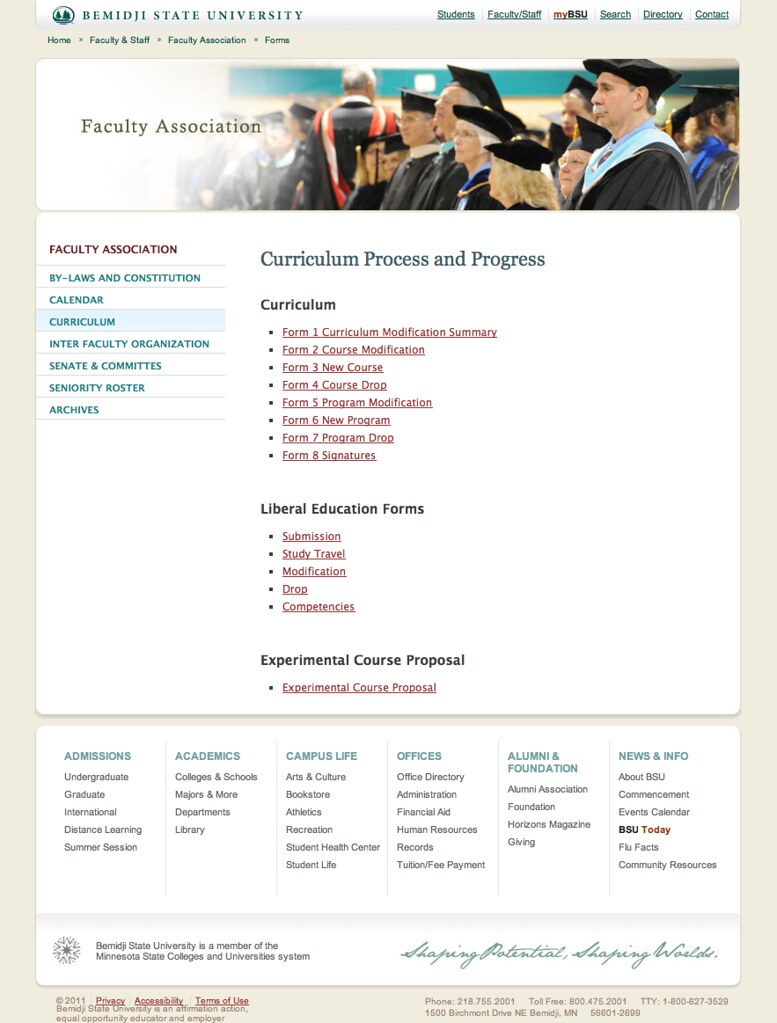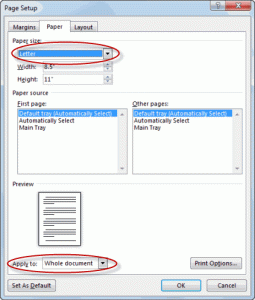
Microsoft warns customers to beware of a fresh ransomware trick
Lately multiple high-profile large businesses in the US have got fallen victim to ransomware assaults. In at the very least two high-profile situations, the business has paid out huge amount of money to the attackers to obtain their data back again. As hackers earn more income using ransomware strategies, the incidence of episodes increases. Microsoft is currently warning users to avoid phishing emails that attemptedto technique them into downloading ransomware software program.
Microsoft cybersecurity scientists are searching for a criminal corporation known as BazarCall. The criminal team is using call facilities to infect computer systems with malware known as BazarLoader, which includes been utilized to distribute ransomware. The team behind the ransomware provides been energetic since January and will be significant for using call middle operators to steer victims to set up their software program on a Windows Personal computer.
As soon as installed, the malware offers backdoor access in to the Windows Computer, permitting the criminals to deliver follow-up malware, scan the surroundings, and exploit additional vulnerable hosts on the system. The attack typically begins with a phishing email advising the victim a trial registration to software on the personal computer was expired and they would be charged immediately unless they known as to cancel the demo.
Microsoft is concentrating on the email messages sent by the team targeting office 365 customers. If an individual calls the quantity in the e-mail, a fraudulent call middle the attackers operate instructs the victim to go to an internet site and download an Excel document to cancel the services. Inside that downloaded document is really a malicious macro that downloads the payload enabling the ransomware to end up being set up.
The group can be known to utilize the Cobalt Hit penetration testing package to steal credentials, which includes stealing information from the Dynamic Directory database. Stealing Dynamic Directory database articles is a significant concern for enterprise users since it contains the organization’s identification and credential details.





